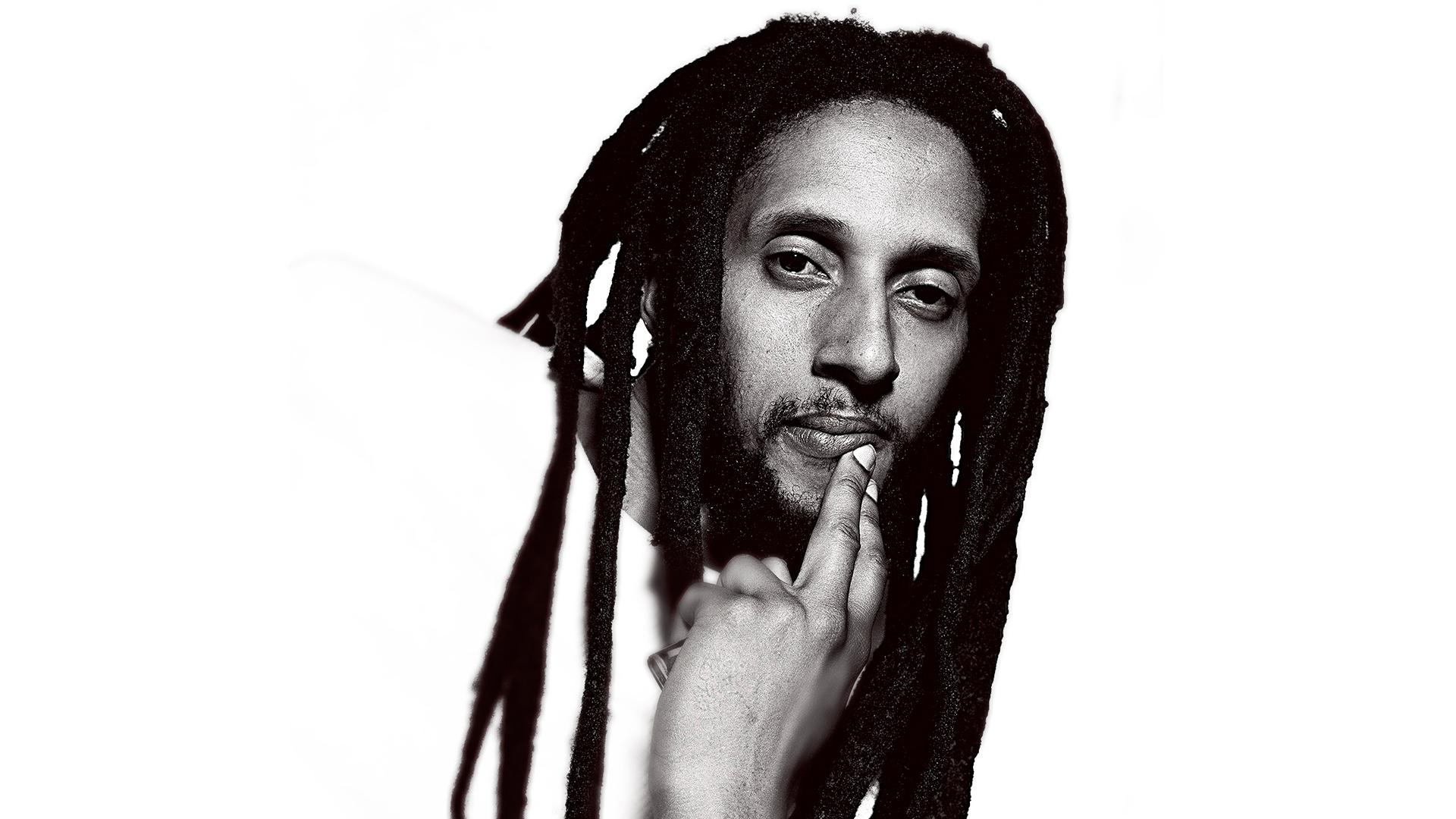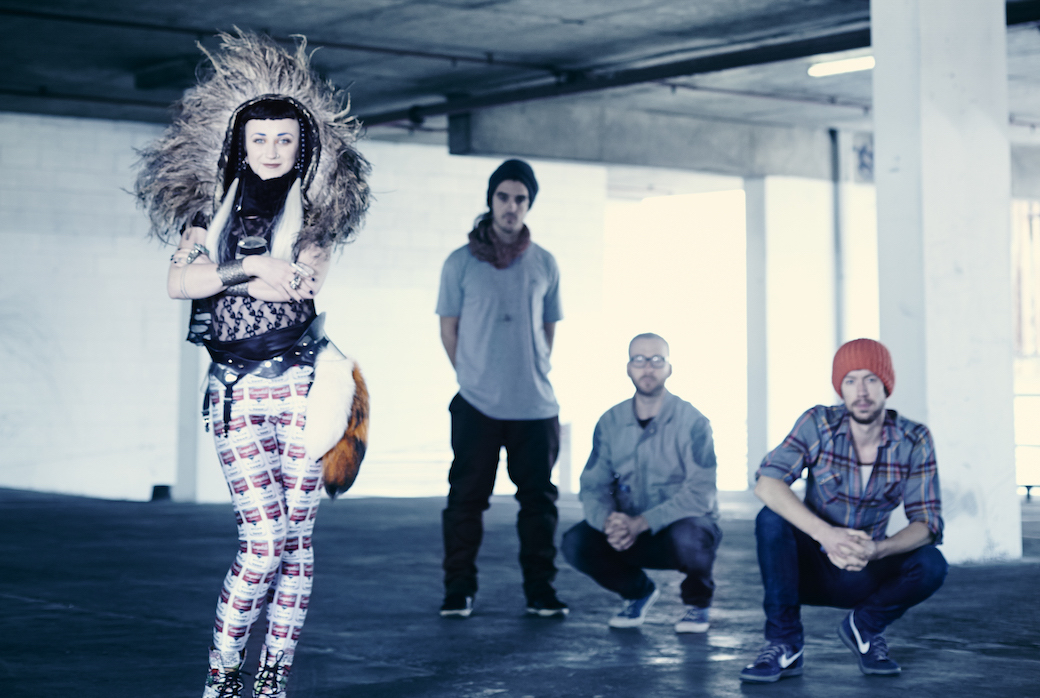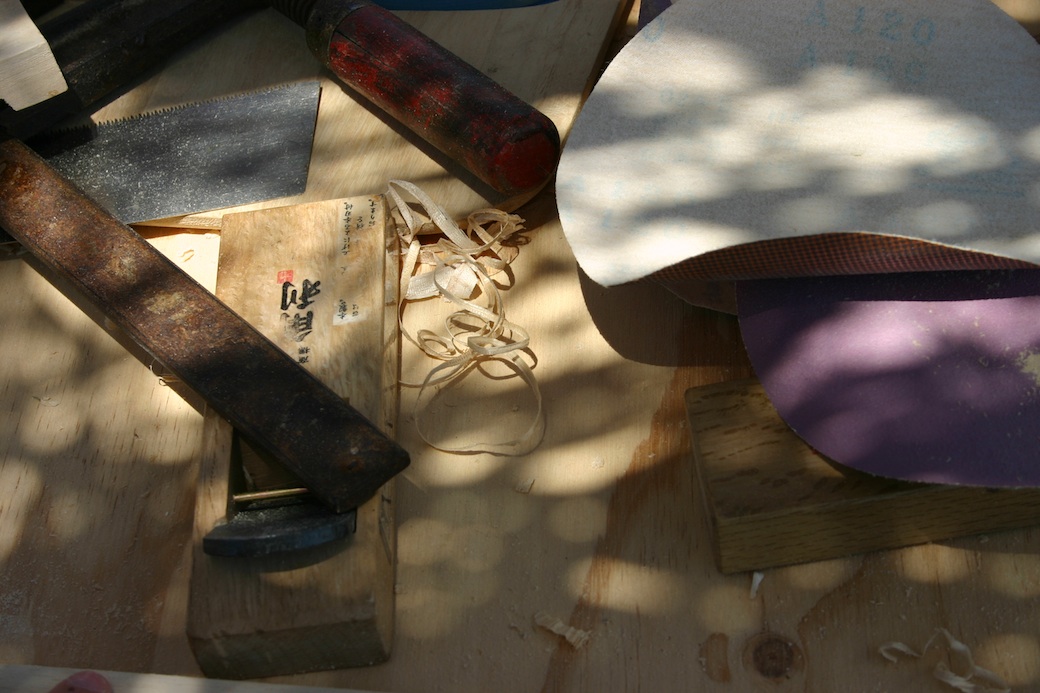
JULIAN MARLEY | HIS OWN MAN
It must be hard growing up in the shadow of one of the most legendary musicians of all time, but for Julian Marley, son of the late, great Bob Marley, the path into a musical career has been all his own.
Born in London, he spent his childhood between England and Jamaica, steeped in the music and culture so personified by his father. He was only six years old when he lost his dad, but those six years were more than enough to help instill in him the spirit of reggae and Rastafari.
But despite his father being one of the most influential musicians of the 20th Century, Julian Marley’s sound, like his musical career, is all his own. 
“Reggae is in the blood from day one,” he states. “It’s there already so I can just open the door to other sounds and try new ideas. The influence is there anyway because what’s in the blood is in the blood, but it’s about creating your own sound.” And that is precisely what he has done.
Julian Marley’s sound is undeniably pure, Jamaican-born roots reggae…with a twist. Although maintaining a very strong core of the very classic style, he has brought a certain modernity into the sound. Perhaps it is a more complete production or, as he readily admits, the influence of every form of music that he happens to hear, but beneath the evocative deep reggae sound is a myriad of piano, percussion and electronic layering that creates a more complete final product. It is still a very pure interpretation of the classic reggae sound, but polished, spruced up and given a fresh lick of paint for the new millennium.
“There’s no barriers in music. It depends what aroma awakens your taste buds, what sound awakens that sensation in the mind and in the soul.”
Although he has visited Australia several times before, this year will see Marley’s first time on the lineup for the Woodford Folk Festival. As part of a two-week mini-tour of Australia and New Zealand, he will bring many of his existing tunes as well as a small selection of new material he is currently compiling for his next album.
“People in Australia really accept and love the music,” he says of previous tour experiences. “Being so far from where we are, on the other side of the earth in Jamaica, coming to Australia is great – there’s a lot of love out there!”
The Woodford Festival will be a new forum for Marley’s music, but one that couldn’t be more apty suited. The diversity of the Woodford Festival brings a rich and diverse melting pot of cultures, genres and performers together, devoid of specific musical styles or social status. “We’re all one people,” he reflects, “so wherever you go, there’s always that spirit and connection with the people. Being so far from where we are, on the other side of the earth in Jamaica, coming to Australia is great. People really accept and love the music – there’s a lot of love out there.” Reggae has always been a music for the people. Part cultural, part activistic, it oozes passion and is steeped in subtext. There is something within the music that is primal and, whether you are a dreadlocked Rastafari or cosmopolitan suit, even if you don’t particularly like reggae, there is an element that speaks to our inner self.
Surrounded by nature, secluded from the commerce and chaos of the day-to-day and bathed in the creative rainbow that Woodford throws up, radiant and replete, every year, Julian Marley‘s music is sure to reverberate at a higher frequency, sending ripples through the festival and creating that “only at Woodford” atmosphere that is so unique to the festival.
Reggae is entering a new era. Still with its roots buried deep into its foundations, it is evolving to become a global voice, standing against oppression, celebrating unity and the one family of mankind and doing so in a gamut of languages. Chilean reggae artist, Quique Neira, Uzume and Mighty Crown in Japan, Dub Inc from France – the list of international reggae acts is endless, as is the the language into which the traditionally Jamaican sound has been interpreted. “Reggae is being rebirthed right now – a new seed has been planted,” says Marley. “Right now I see a new uprising in the music and everyone is getting back into this roots feel and to me that is awesome – I love that.”
The son of one of reggae’s founding fathers and certainly its most recognisable name and face he may be, but Julian Marley is forging his own path, borne of his intrinsic love of the vibe as much as any lineage. In his sound, in his perspective and in his future, Julian Marley is his own man.
Visit Julian Marley’s website at: www.julianmarley.com
– This article first appeared on Common Ground Australia on Dec 16, 2013
You May Also Like

HIATUS KAIYOTE | THE RE-INVENTION OF SOUND
June 3, 2015
BYRON SURF FEST 2013 | THE ANTITHESIS
May 30, 2015


